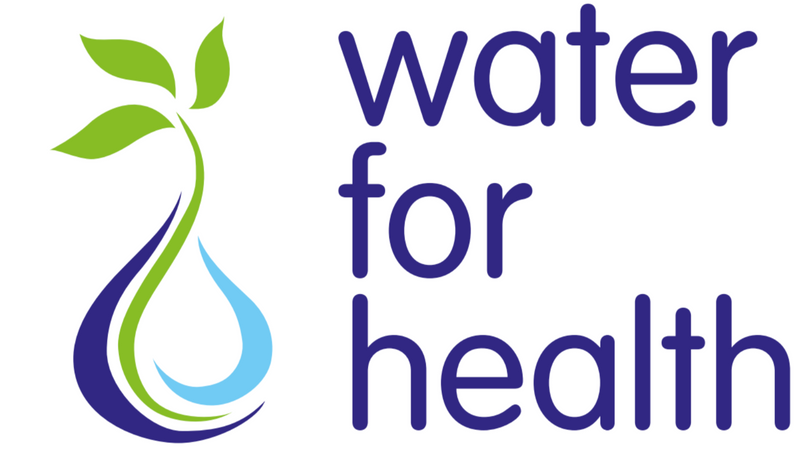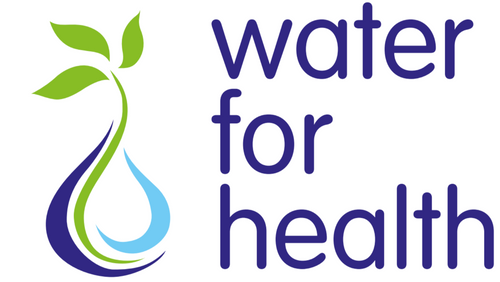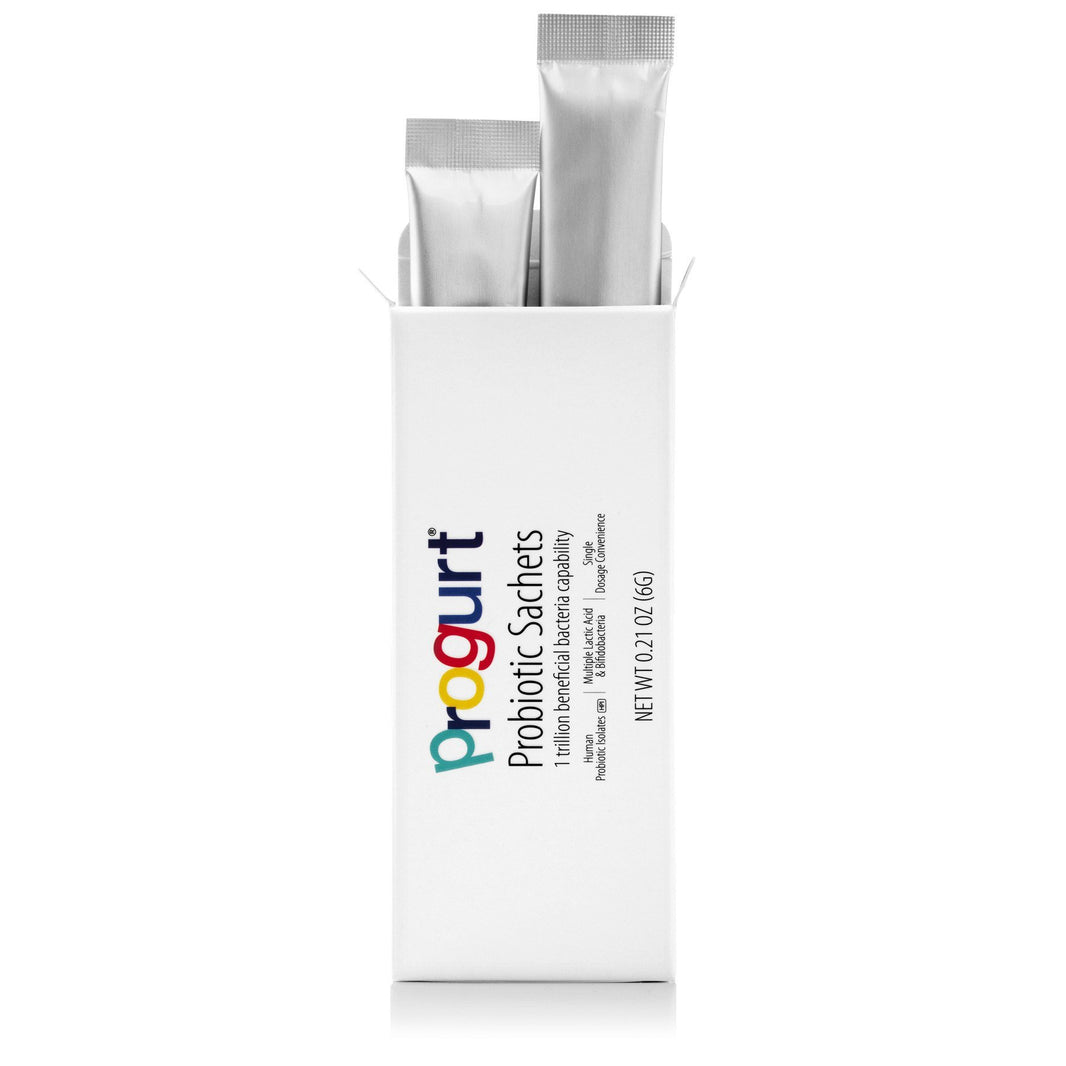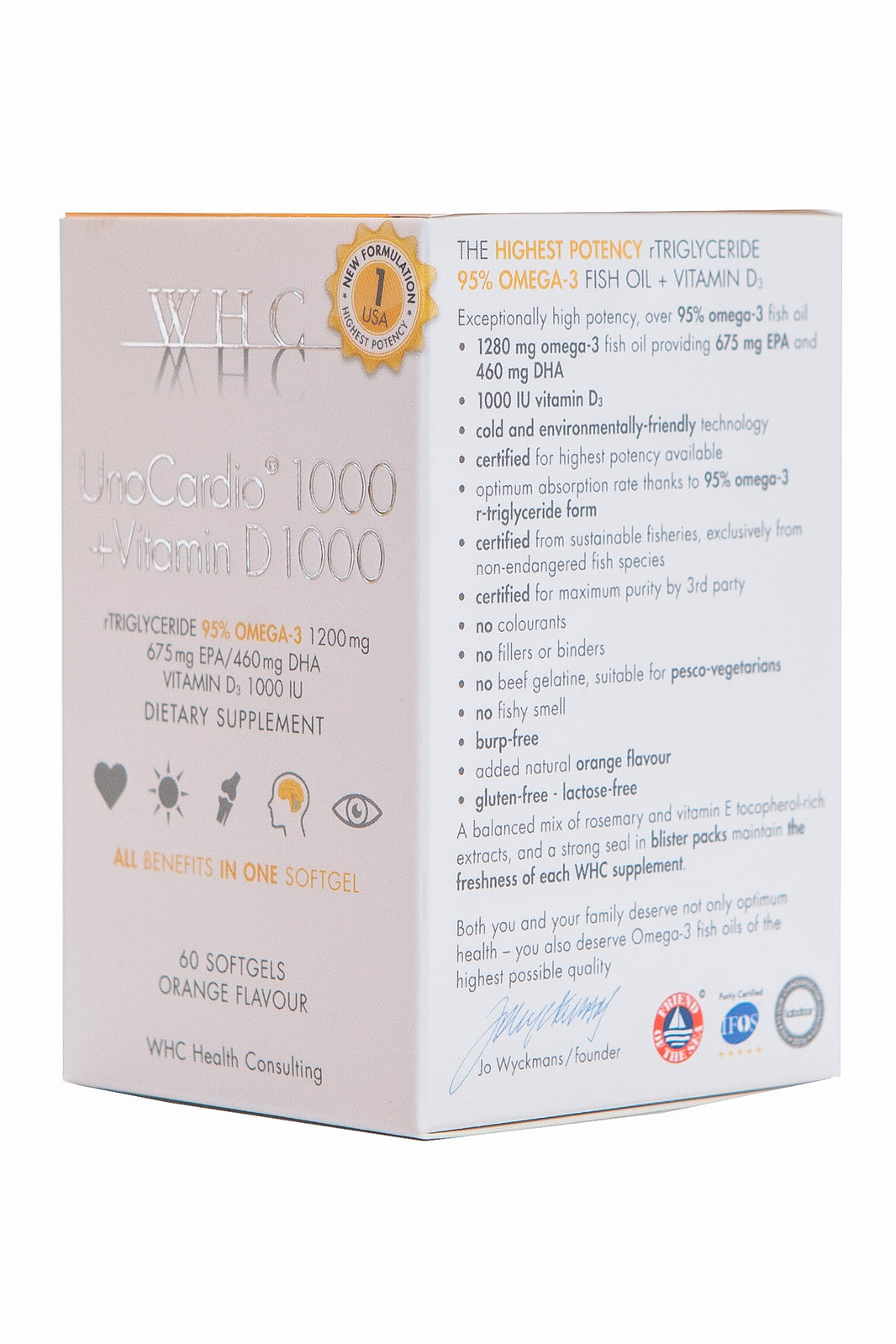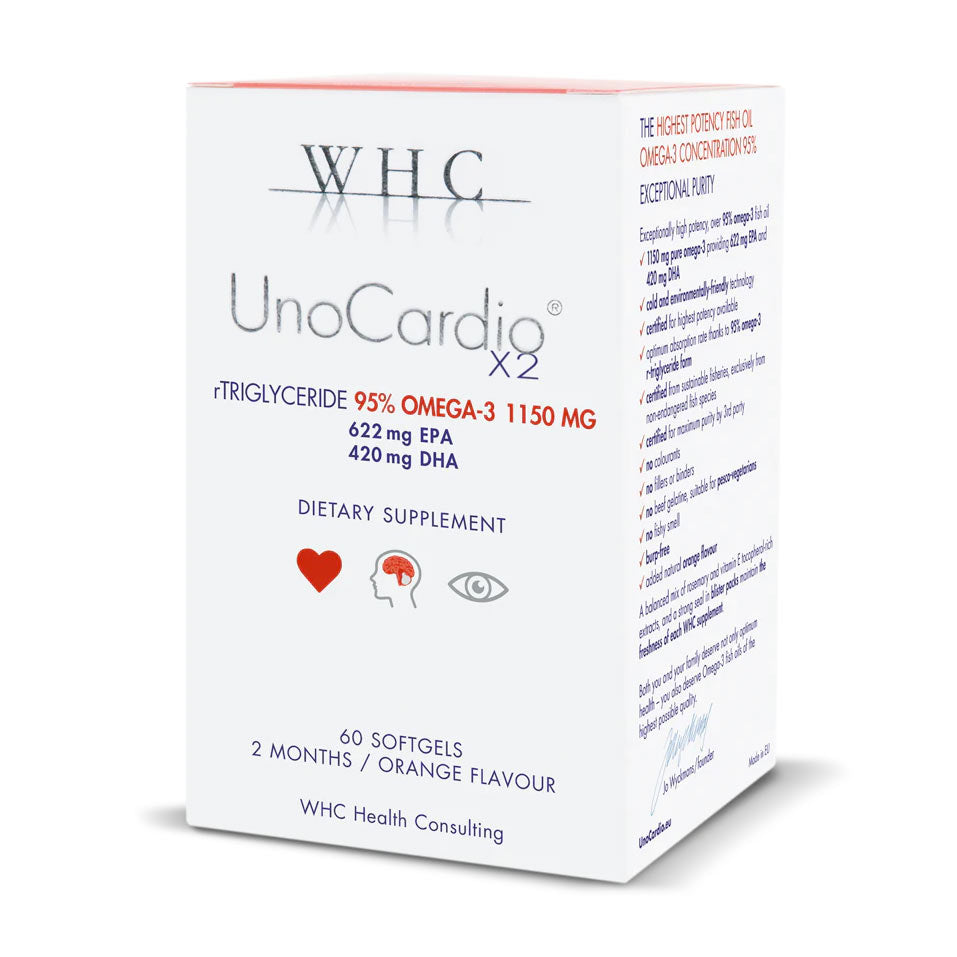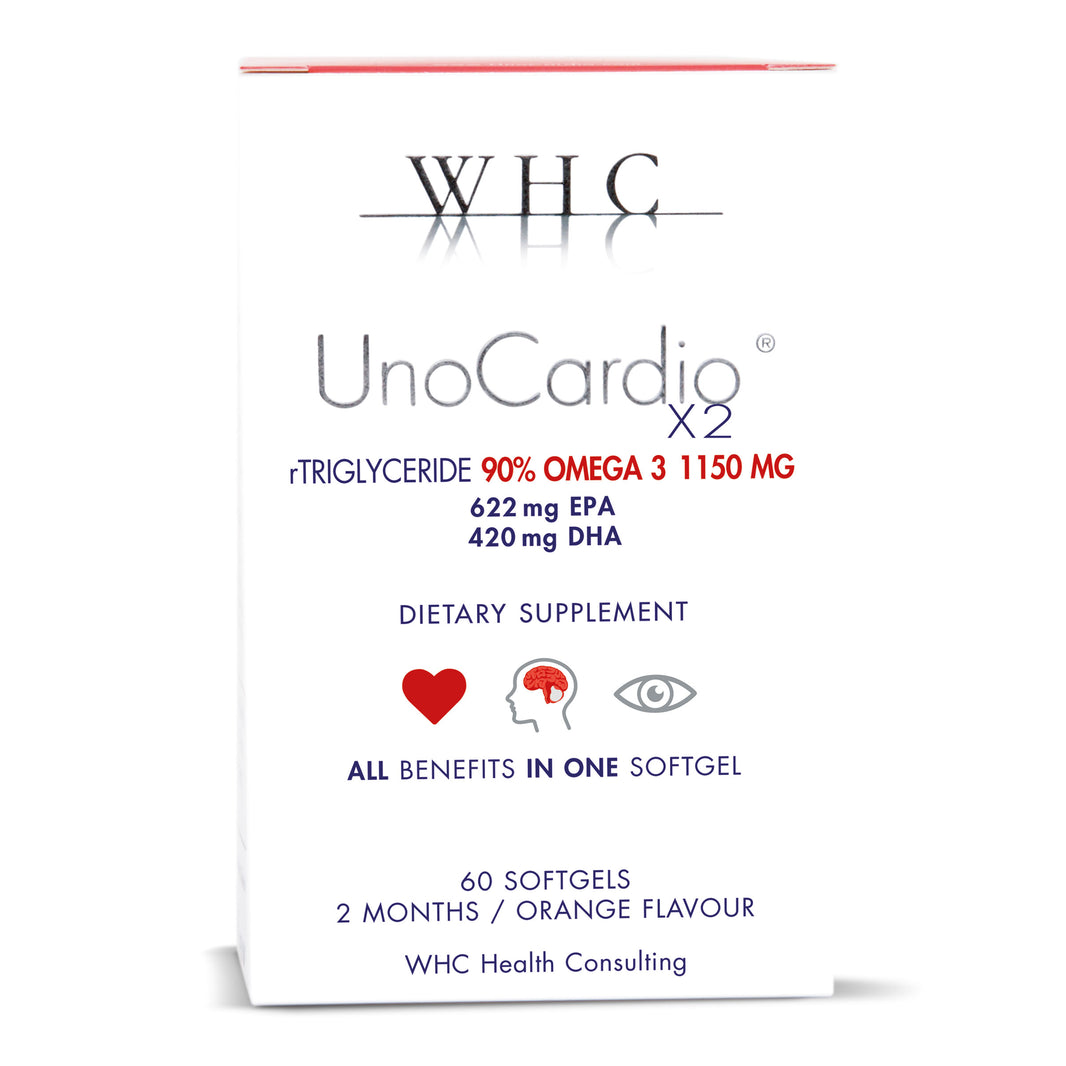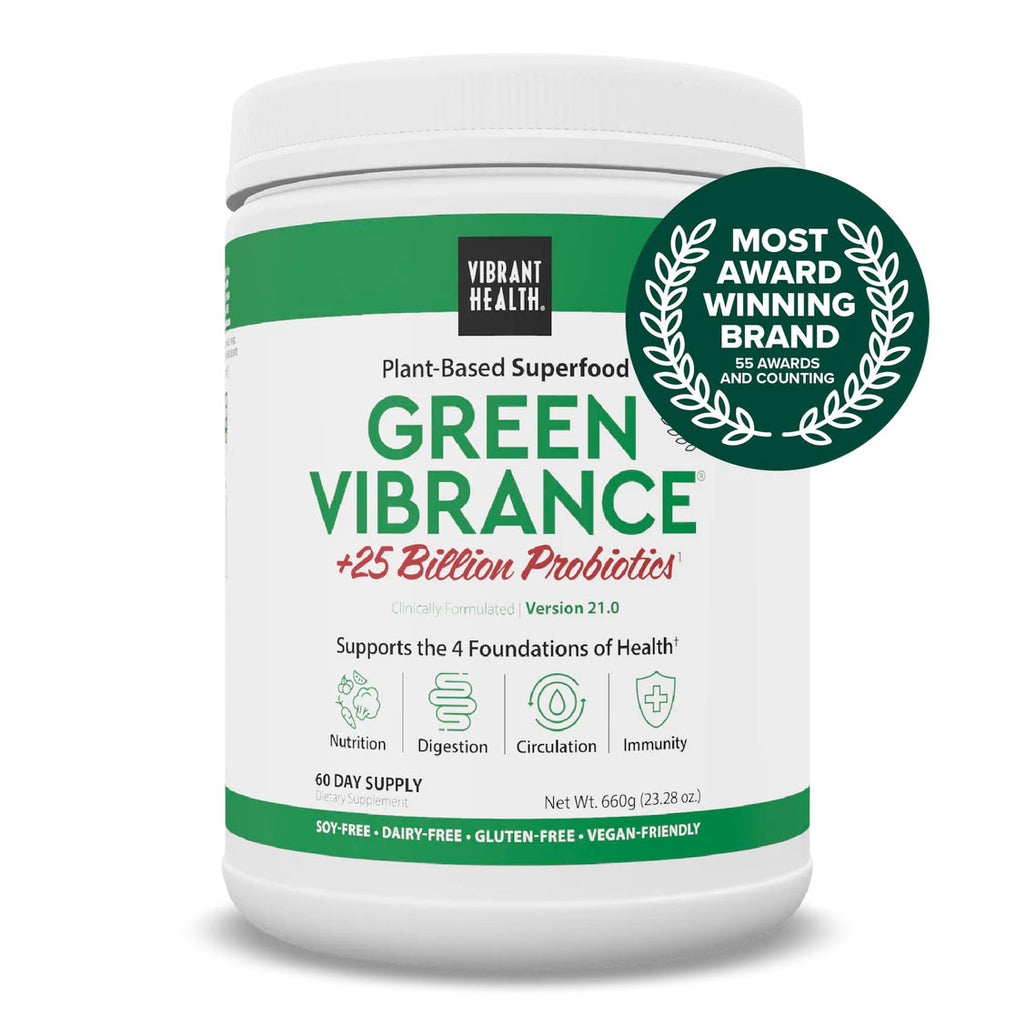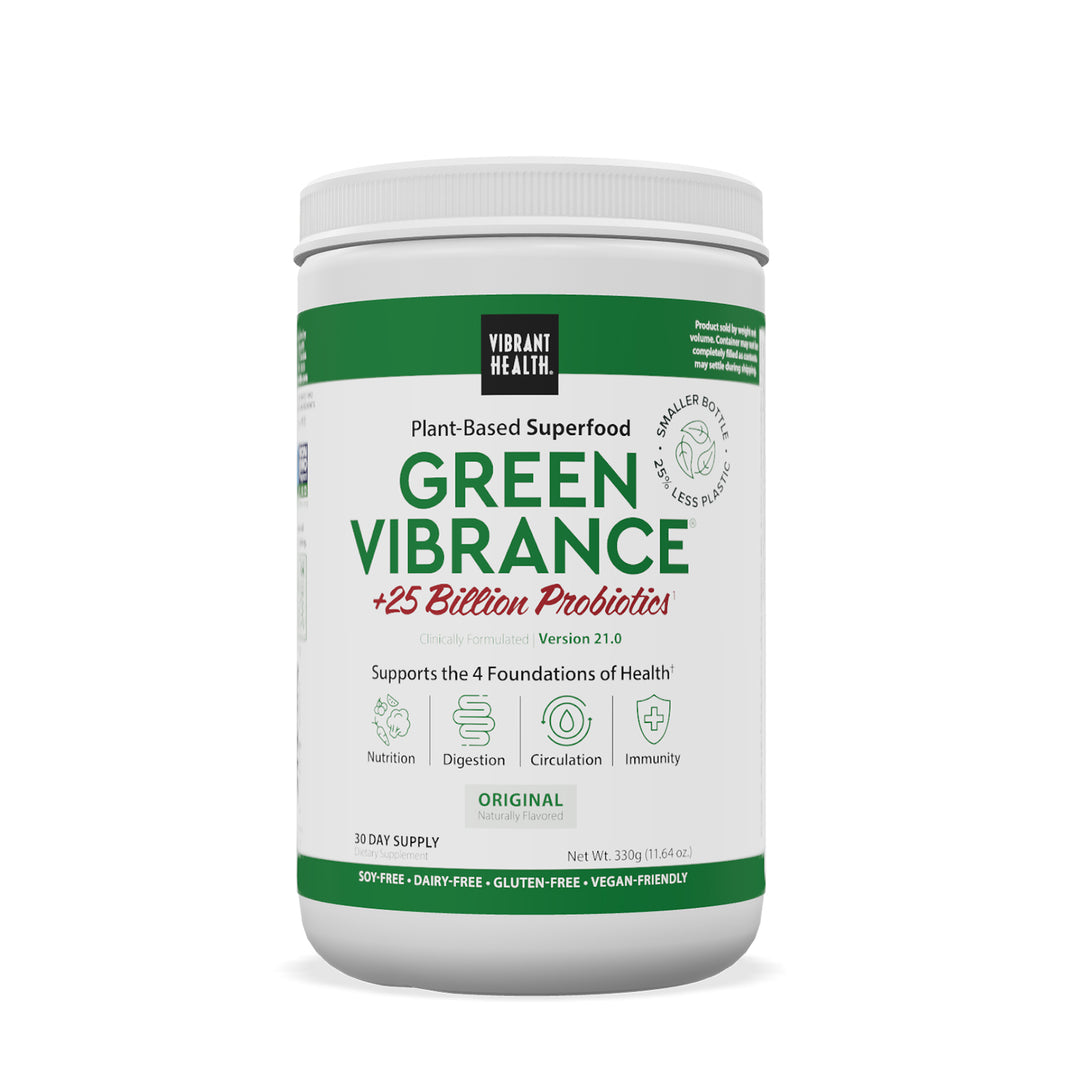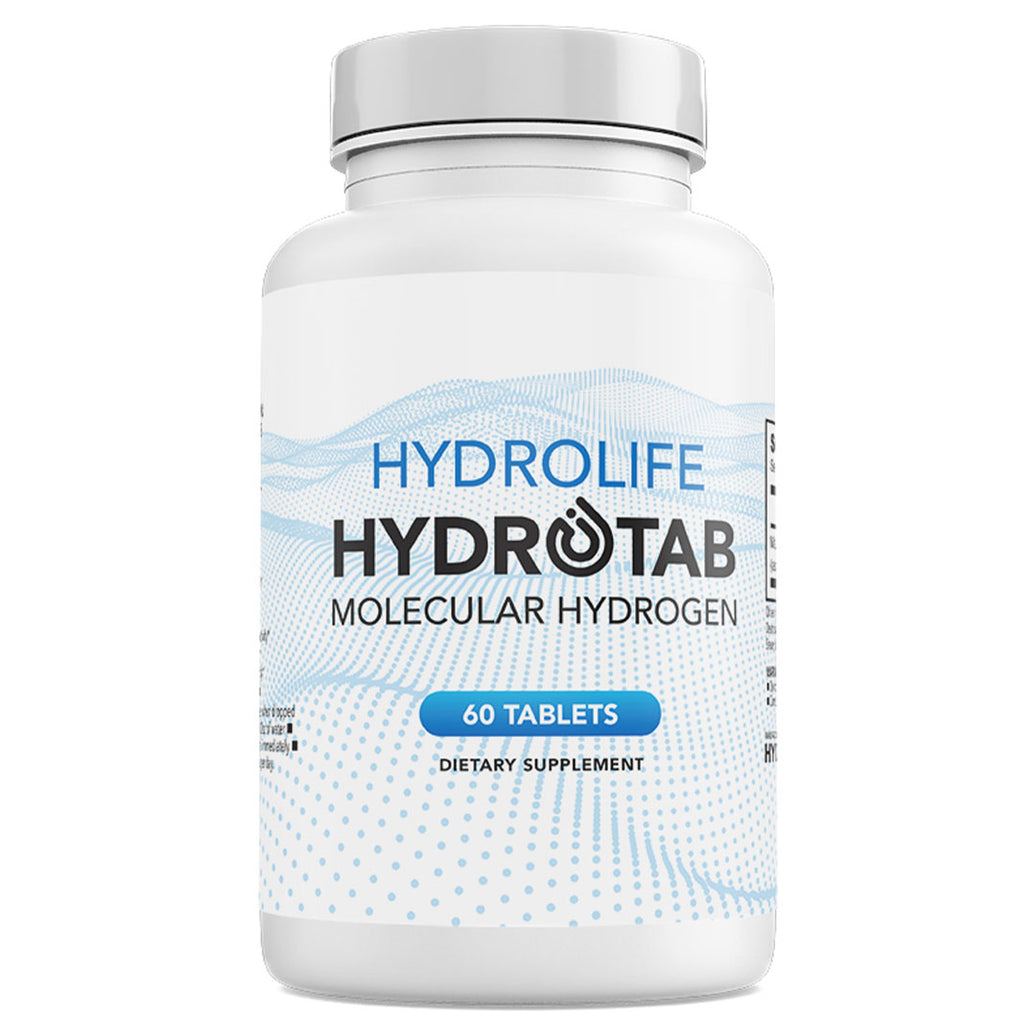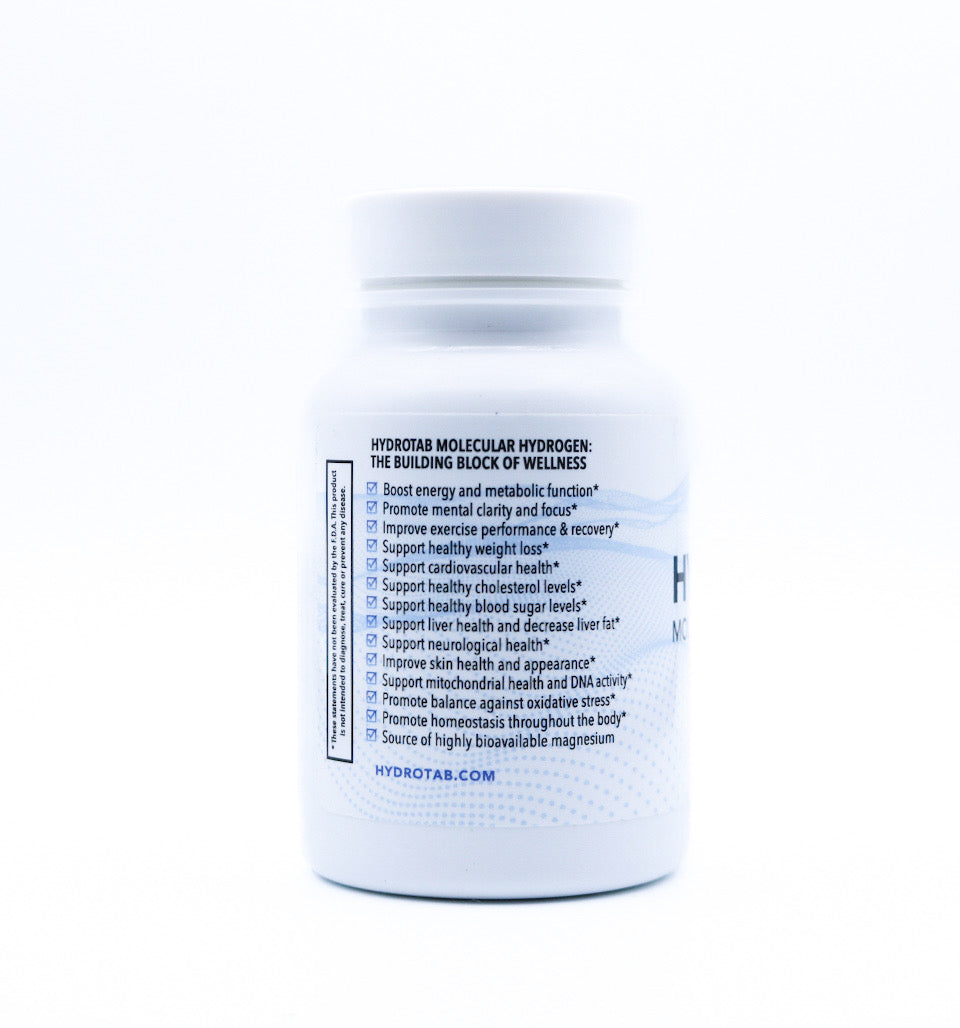Are you looking for a natural way to support your immune system, reduce inflammation, or ease allergy symptoms?
If so, you’ve come to the right place.
You may have heard about quercetin,
… a flavonoid that’s found in many fruits and vegetables, such as apples, onions, and citrus fruits.
Quercetin has been touted for its many health benefits.
Including antioxidant, anti-inflammatory, and immune-boosting properties.
However, getting enough quercetin from your diet alone can be challenging.
That’s why many people turn to quercetin supplements, to boost levels of quercetin in the body.
In this article, we'll explore the various forms of quercetin supplements available on the market.
As well as their potential benefits and drawbacks,
…and answer some common questions about how to take them.
So, whether you're new to quercetin or looking to optimise your supplementation routine, read on to learn more about the many benefits of quercetin.
What does quercetin do for zinc?
One of quercetin’s most interesting properties is that it can help improve the absorption and utilisation of zinc. Zinc is an essential mineral that plays a crucial role in biological processes. Such as immune function, wound healing, and protein synthesis. Quercetin can bind to zinc ions and form a complex that’s more easily absorbed by the body. In addition, quercetin can also help prevent the breakdown and excretion of zinc, which can lead to higher levels of zinc in the bloodstream.
Some studies have shown that this combination may be particularly effective in reducing the severity and duration of respiratory infections, such as the common cold and flu. Especially when the supplement contains vitamin C and other bioflavinoids. If you're looking to support your immune system or improve your health, adding a quercetin and zinc supplement to your daily routine may be worth considering. Just be sure to talk to your healthcare provider before starting any new supplements, especially if you have any underlying health conditions or are taking any medication.
Learn more: Depressed, Low Immunity, Acne or Cold Sores? You Might Need Zinc
What is the best form of quercetin to take?
When it comes to quercetin supplements, there are several forms available on the market, including quercetin dihydrate, quercetin glucoside, and quercetin aglycone. Each form has its own unique properties and benefits, so it's a good idea to choose the one that's best suited for your needs.
- Quercetin dihydrate is the most commonly available form of quercetin and is often used in research studies. It's a stable form of quercetin that’s relatively inexpensive and easy to find in supplement form.
- Quercetin glucoside, on the other hand, is a form of quercetin that’s bound to a glucose molecule. This form is typically found in fruits and vegetables and is thought to be more easily absorbed by the body than quercetin dihydrate.
- Quercetin aglycone, also known as quercetin “free form,” is a form of quercetin that is not bound to any other molecule. This form is believed to be the most bioavailable and potent form of quercetin, but it can be more expensive and harder to find in supplement form.
9 Potential health benefits of quercetin
Here are 9 of the key health benefits of including more quercetin in your lifestyle routine, backed by science:
- Acts as an antioxidant, helping to protect cells from damage caused by free radicals. One of the main causes of ill health in our society is toxic stress. Whether this be from our own cells creating free radicals, or by consuming products containing toxins. Making antioxidants a key tool in our health regime to boost wellness.
- May have anti-inflammatory effects, potentially reducing the risk of chronic diseases. The majority of chronic illnesses are caused in part by inflammation. Making anti-inflammatory products powerful in boosting longevity and health.
- Can inhibit histamine release, making it potentially useful for allergy relief. When combined with vitamin C, quercetin is a great tool to reduce inflammation in the respiratory tract. Additionally, it can be used to reduce symptoms of allergies.
- May have antiviral properties, helping to fight infections. By boosting immune health, and reducing free radicals we allow our bodies to naturally fight off illness.
- Can improve immune system function and balance. Our immune system is a powerful part of the body. Allowing us to fight off any potentially harmful compounds.
- May have neuroprotective effects, potentially protecting against cognitive decline. Studies have shown that quercetin can boost brain health and increase cognitive abilities, like learning and memory..
- Can help to regulate blood pressure and improve heart health. Some studies have found a significant reduction in blood pressure with the consumption of quercetin.
- May have potential anticancer effects, though more research is needed in this area. Some studies have found that quercetin can inhibit tumour growth.
- May have hepatoprotective effects, potentially protecting against liver damage and disease.
Learn more: Immune System Boosters: How to Nurture Better Immunity
Is it OK to take quercetin daily?
Many people are interested in taking quercetin supplements to support their overall health and wellbeing. The good news is that quercetin is generally considered safe for most people to take daily as a dietary supplement. However, as with any supplement, it's important to talk to your healthcare provider before starting quercetin supplementation, especially if you have any underlying health conditions, are pregnant or taking any medication.
While quercetin is generally safe, some people may initially experience mild side effects such as headache, stomach upset, or tingling in the arms and legs. These side effects are typically mild and go away on their own. Additionally, it's important to follow the recommended dosage instructions on the label of your quercetin supplement. Taking too much quercetin can potentially cause more serious side effects, such as kidney damage or liver toxicity. As a general rule, it's best to start with a low dose and gradually increase over time if needed.
How much quercetin should I take for immunity?
Quercetin has been shown to have immune-boosting properties, which is why many people are interested in taking it. However, the amount of quercetin that's needed to support immunity can vary depending on a number of factors, such as age, weight, and overall health status. As a general rule, most studies on quercetin have used doses in the range of 500-1000 mg per day for immune support. For most people, we suggest 1-2 300mg capsules per day.
In Conclusion
Quercetin is a natural plant compound with a variety of potential health benefits. While more research is needed to fully understand its effects, some studies suggest that it may help to support immunity, reduce inflammation, and in turn, protect against chronic disease. If you're considering taking a quercetin supplement, it's important to choose a high-quality product from a reputable manufacturer.
Look for a supplement that contains a pure form of quercetin, and avoid products that contain unnecessary fillers or nasty additives. The addition of vitamin C can boost the effects of quercetin. Overall, while quercetin may not be a magic bullet for health and wellness, it's a promising natural compound that could be a valuable addition to a healthy lifestyle. By incorporating quercetin-rich foods into your diet and considering a high-quality quercetin supplement, you can support your overall health and wellbeing.
Written by Rebecca Rychlik, Nutritional Therapist and Homeopath. Follow Rebecca on Instagram, Facebook and Medium, @rebeccabitesback.
Water for Health Ltd began trading in 2007 with the goal of positively affecting the lives of many. We still retain that mission because we believe that proper hydration and nutrition can make a massive difference to people’s health and quality of life. Click here to find out more.
